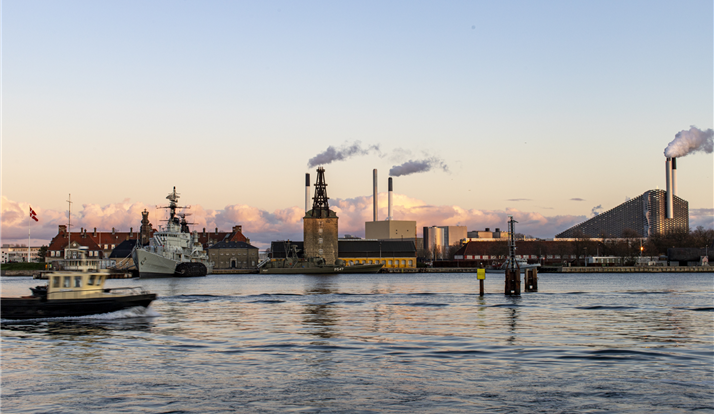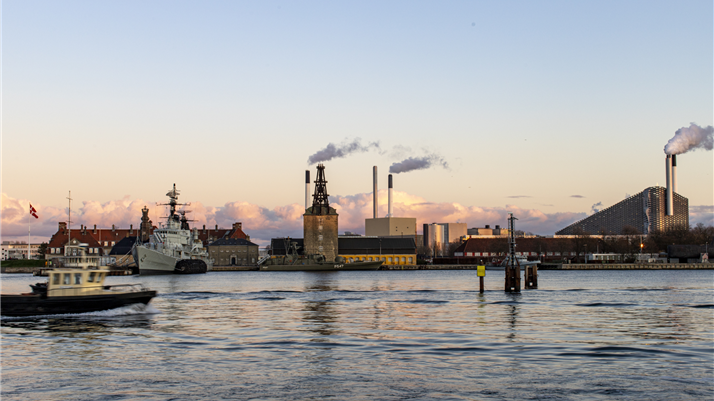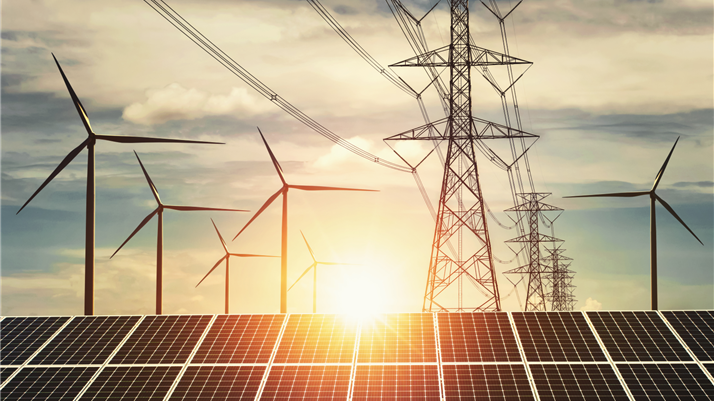When discussing how expensive the green transition becomes for Danish society, it is important to consider more aspects than the investments needed.
Our results show that when looking solely at the saved health costs from the reduction in air pollution, society can save 10 to 20 billion Danish kroner per year.
Several Danish studies estimate the cost of transition to be approximately 13 to 26 billion Danish kroner a year from 2025 to the year when the transition is complete. These costs often do not include savings for society in terms of e.g., less air pollution.

Read the full analysis (Danish):
EML Notat nr. 1 “Husk Helbredsomkostningerne”
EML Team: Kenneth Karlsson and Ida Græsted







